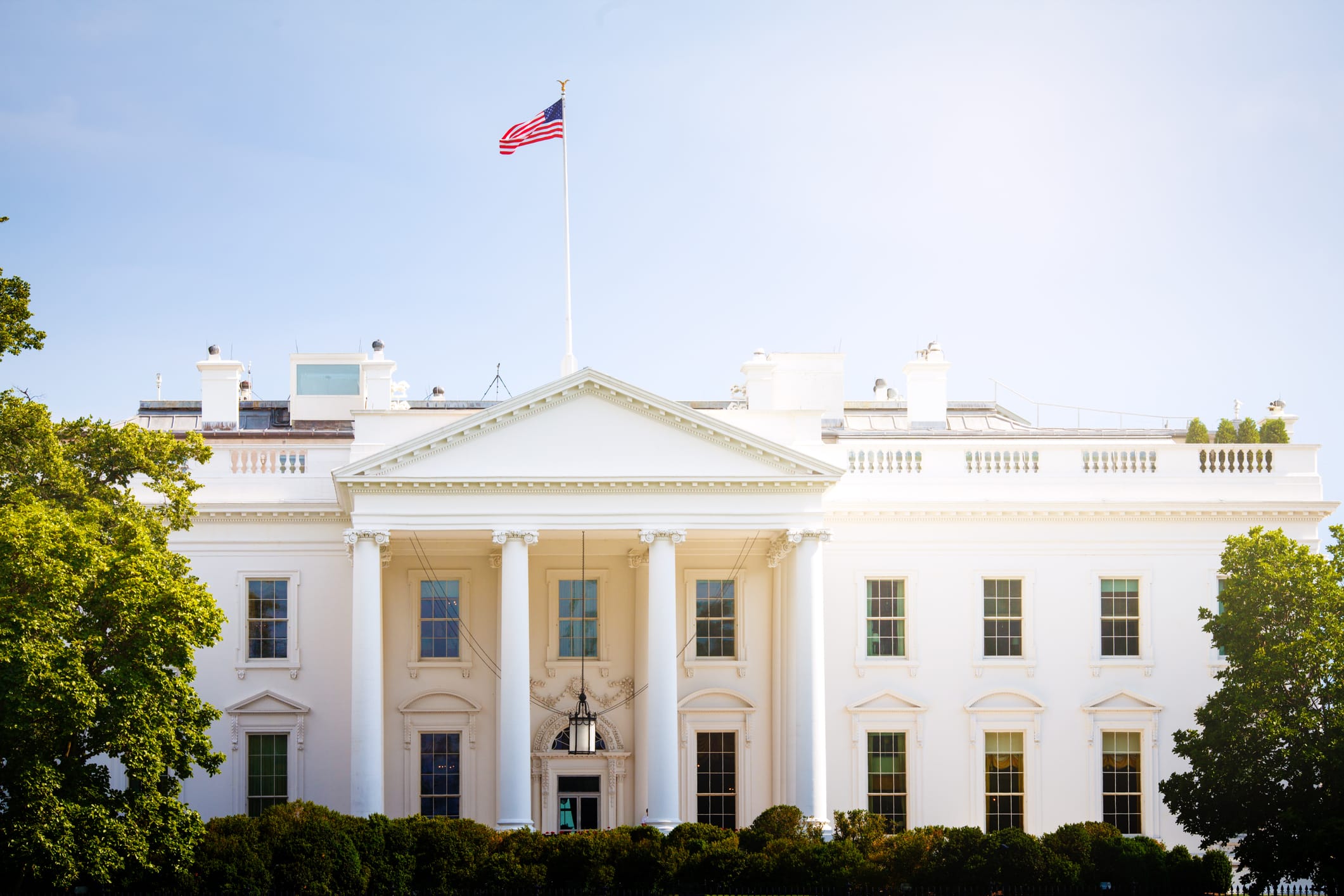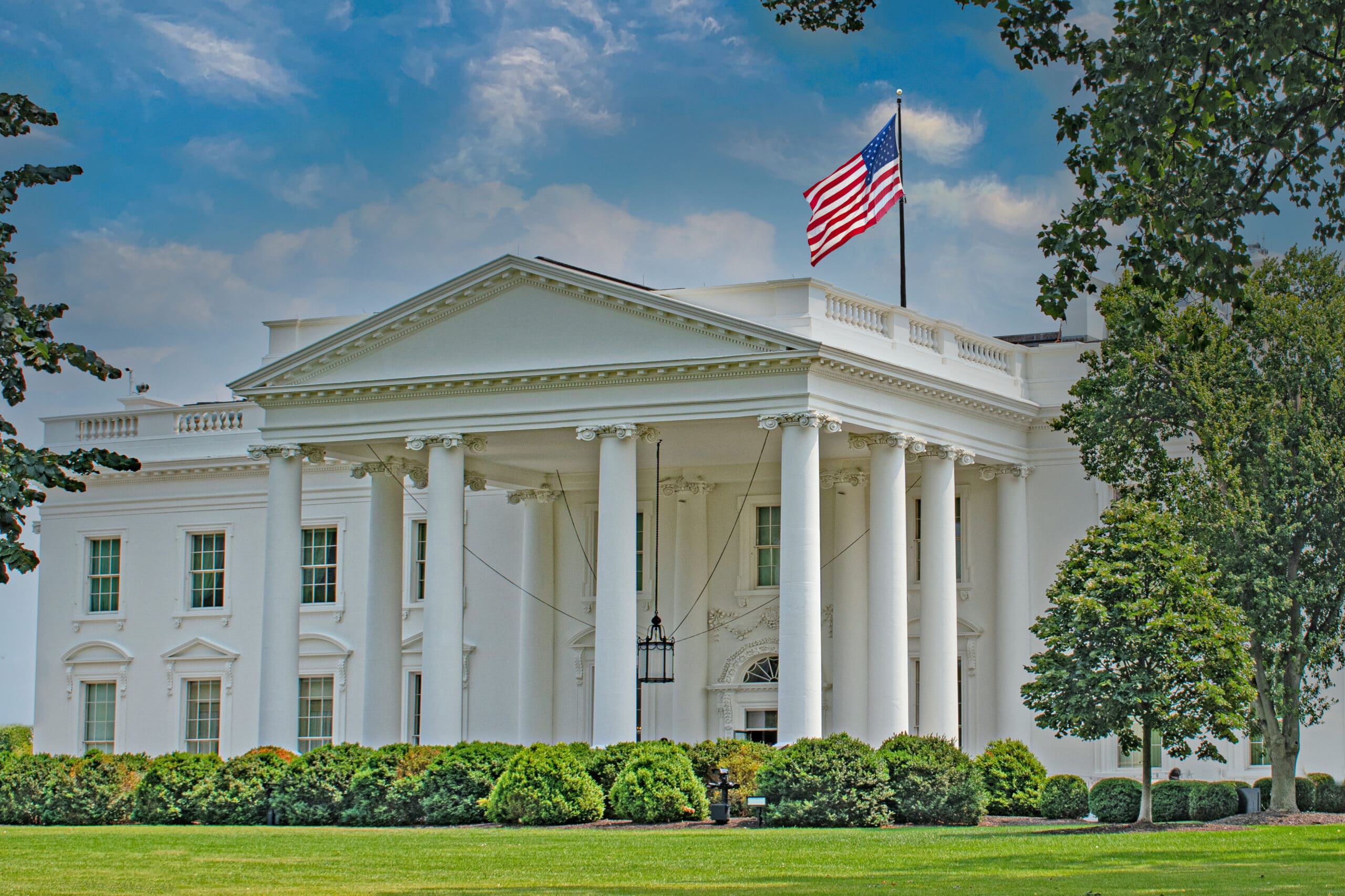Voters of Both Parties Want Primary Debates
Trump Leads Biden by 11 in General Election Matchup, DeSantis Leads Biden by 7
An Emerson College Polling survey of Iowa voters finds President Joe Biden with a 35% job approval rating, and a 54% disapproval. Among Democratic caucus voters, he holds a 76% approval. Of these Democratic caucus voters, 69% plan to vote for Biden, while 11% support Robert Kennedy Jr. and 10% Marianne Williamson. Ten percent plan to vote for someone else.
“Heading into the 2024 primary season, President Biden is in a comfortable position. Compared to his performance in the state in 2020 where he received about 16% of the final vote, less than a third of Democratic caucus voters are looking to another candidate in 2024,” Spencer Kimball, Executive Director of Emerson College Polling, noted. “Biden’s support is stronger among voters with a college degree than those without: 78% to 59%.”
Former President Donald Trump holds 62% support in the Republican caucus, followed by Florida Governor Ron DeSantis with 20% support. Five percent support former Vice President Mike Pence and former US Ambassador to the United Nations Nikki Haley respectively; 3% support US Senator Tim Scott (SC).
“Trump’s lead in the caucus reflects his numbers in Emerson’s March New Hampshire primary poll, where he held a 41-point lead over DeSantis,” Kimball noted. “The former president’s base continues to be voters under 35: 75% of whom support Trump, and voters without a college degree: 70% support Trump. DeSantis’s support is higher among voters with a postgraduate degree, with 29% support, still trailing Trump’s 37% with this group.”
Nearly three in four Iowa voters find it very (40%) or somewhat (34%) important that the Iowa caucus remains as the first one in the nation. Twenty-seven percent find it not very important (16%) or not at all important (11%).
“Party registration has an impact on voters’ attitudes on whether Iowa should remain first in the nominating process, 62% of registered Democratic voters find it important they remain first in the nation, while 38% find it not very or at all important,” Kimball said. “This compares to 86% of Republicans who find it important, and 14% who find it not very or at all important.”
Democratic and Republican voters agree that it is important for candidates running for the Democratic or Republican nomination to participate in a debate prior to the Iowa caucuses: 92% of both Republican and Democratic caucus voters find candidate participation in debates prior to the caucus important.
In a hypothetical 2024 presidential matchup between Donald Trump and Joe Biden, Trump leads 49% to 38%; 10% would vote for someone else and 3% are undecided. In a matchup between Desantis and Biden, DeSantis leads 45% to 38%; 11% would support someone else and 6% are undecided.
The economy is the most important issue facing Iowa for 31% of voters, followed by education (15%), “threats to democracy” (15%), immigration (10%), abortion access (9%), and healthcare (8%).
While a majority of Iowa voters (54%) think President Biden’s victory in the 2020 Election was legitimate, 46% think it was not legitimate. When asked what they find presents the greatest threat to elections, 37% find voter fraud to be the greatest threat, 24% say suppression of individuals from voting, 13% foreign interference, 7% voting machines malfunctioning, and 10% find something else to be the greatest threat; 9% think there are no threats to elections.
“Ninety-one percent of Democrats and 57% of independent voters think Biden’s victory in 2020 was legitimate, while 78% of Republicans think it was not legitimate. This reflects the numbers we saw among Kentucky Republican primary voters, 79% of whom believe Biden’s win was not legitimate,” Kimball noted. “Among these voters who think the election was not legitimate, 66% think voter fraud presents the greatest threat to elections.”
As there is no agreement yet to resolve the national debt ceiling, nearly half (49%) of Iowa voters think Congress should not raise the debt ceiling, while 36% think they should. Sixteen percent are unsure.
“The issue of whether or not to raise the debt ceiling breaks along party lines: 63% of Democrats favor raising the debt ceiling, compared to 14% of Republicans who support it,” Kimball noted.
Methodology
The Emerson College Polling survey of Iowa voters was conducted May 19-22, 2023. The sample consisted of 1,064 registered voters, with a margin of error (MOE) of +/- 2.9 percentage points. The data sets were weighted by party registration, gender, age, and education based on 2024 turnout modeling. Turnout modeling is based on US Census parameters, and Iowa voter registration and voter turnout data (IA SOS).
It is important to remember that subsets based on demographics, such as gender, age, education, and race/ethnicity, carry with them higher credibility intervals, as the sample size is reduced. Survey results should be understood within the poll’s range of scores, and know with a confidence interval of 95% a poll will fall outside the range of scores 1 in 20 times.
Data was collected using a mixed-mode approach: consisting of contacting cell phones via SMS-to-web, an Interactive Voice Response (IVR) system of landlines, a voter list of emails, and an online panel.
All questions asked in this survey with exact wording, along with full results and cross tabulations can be found here. This survey was funded by Emerson College.







